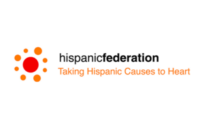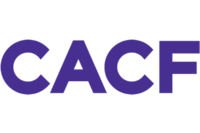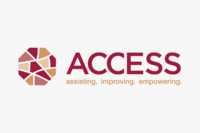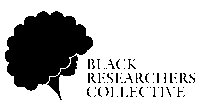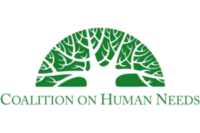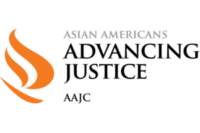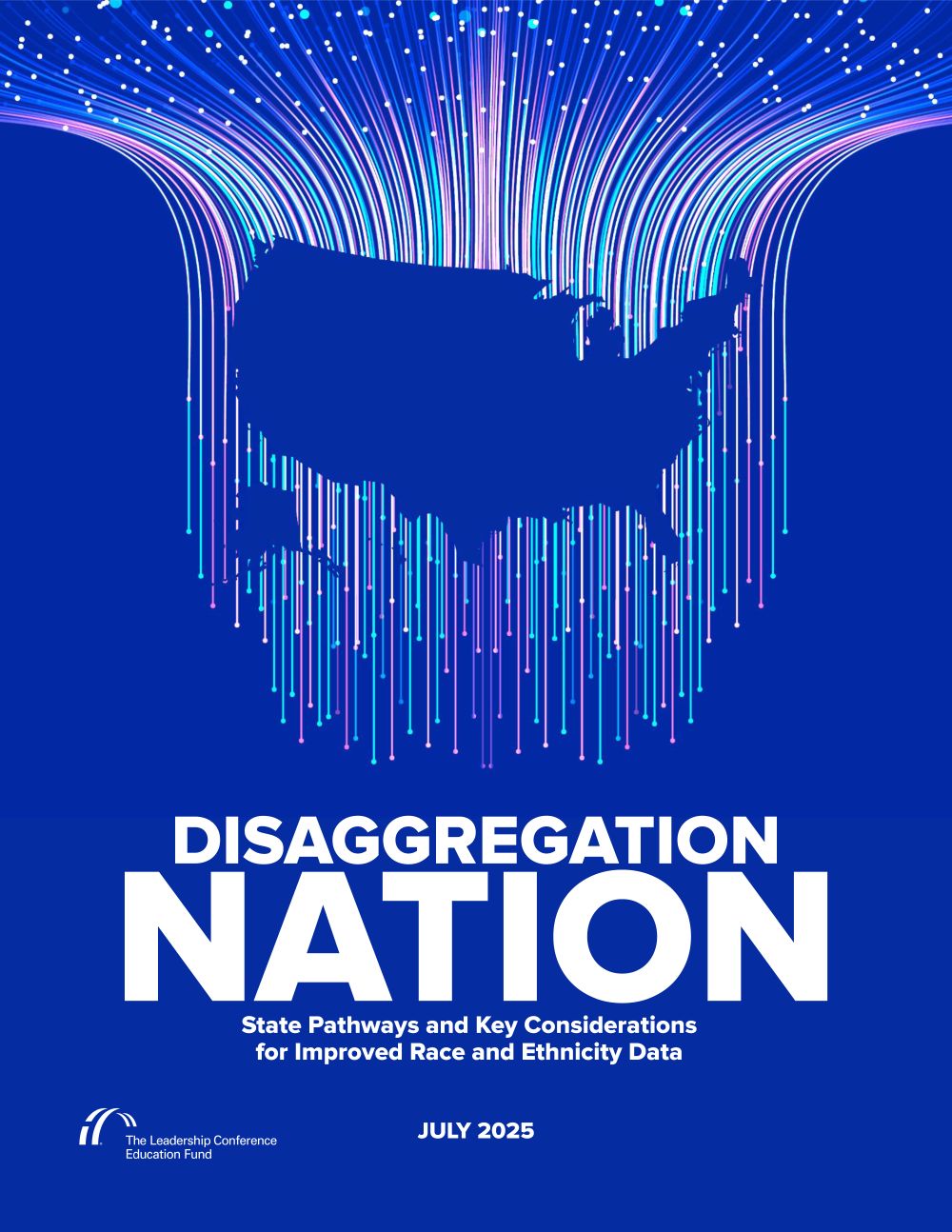Our Data Disaggregation Action Network partners are working to advance data equity every day.
Our Data Disaggregation Action Network partners are working to advance data equity every day.
Subscribe today to our Data Disaggregation Action Network (D-DAN) listserv to receive our monthly newsletter, policy updates, invitations to events, and opportunities for action to promote the national movement for data equity.
What is data disaggregation?
Disaggregation means breaking down large data categories into more specific subcategories. “Data disaggregation” refers to the collection, reporting, and analysis of information on specific subgroups by race, ethnicity, and other characteristics. When data are disaggregated, researchers are better able to analyze differences between groups, as well as the relationship between multiple variables, such as race and age.
Click “+” to learn more.
Example: How Disaggregated Data Combats Myths
As just one example, aggregate data may perpetuate the model minority myth — that all Asian Americans have high levels of income, homeownership, education, and health — but disaggregated data reveal large disparities among AANHPI groups. For instance, the percentage of Asian Americans living below the poverty line ranges from 6.8 percent of Filipino Americans to 39.4 percent of Burmese Americans.
We are the Data Disaggregation Action Network (D-DAN)
The Data Disaggregation Action Network (D-DAN) works to advance and implement federal and state policies as they relate to disaggregation by race and ethnicity through the engagement and empowerment of communities. The D-DAN state and national advocacy infrastructure helps communities achieve equity by engaging stakeholders, policymakers, and communities on the need for disaggregated data and by collaborating to improve data quality and accessibility.
D-DAN Partners: Current Cohort Work
Use our D-DAN resource library and Community Partner Toolkit to advance data disaggregation in your state and community.
Use our D-DAN resource library and Community Partner Toolkit to advance data disaggregation in your state and community.
Our resource library provides insights into the state of data disaggregation efforts across the country and provides opportunities for your organization and community leaders to join this crucial work. The “Data Disaggregation Deconstructed” blog series explores how data disaggregation in various policy areas can enhance equity.


